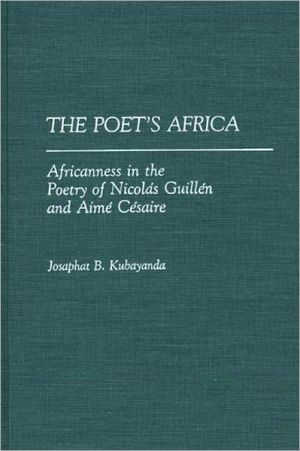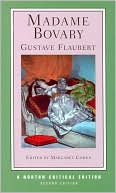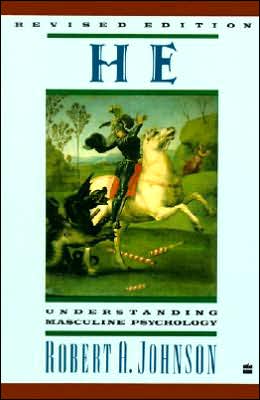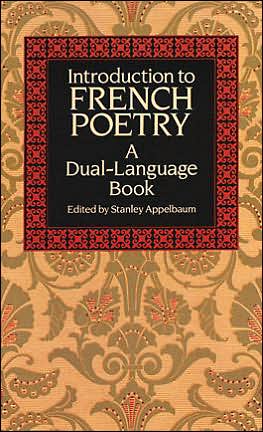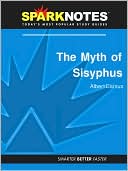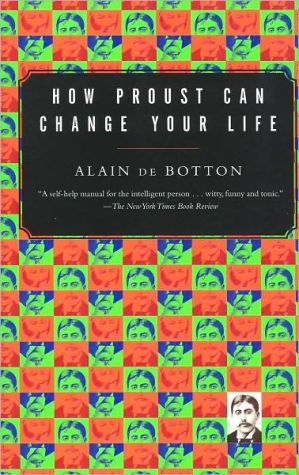The Poet's Africa: Africanness in the Poetry of Nicolas Guillen and Aime Cesaire, Vol. 138
Nicolas Guillen and Aime Cesaire are considered by many critics and literary historians to be the foremost Caribbean poets of the 20th century, yet they are rarely treated together. This work deals with the two writers within a comparative framework, exploring their poetry as the exemplification of Negritude art and writing from the Caribbean. Josaphat Kubayanda uses non-canonical theories of literary and cultural analysis to discuss the relationships between creative writing, the idea of...
Search in google:
Nicolas Guillen and Aime Cesaire are considered by many critics and literary historians to be the foremost Caribbean poets of the 20th century, yet they are rarely treated together. This work deals with the two writers within a comparative framework, exploring their poetry as the exemplification of Negritude art and writing from the Caribbean. Josaphat Kubayanda uses non-canonical theories of literary and cultural analysis to discuss the relationships between creative writing, the idea of Africa, and the rediscovery of African values in the Caribbean, and to propose and demonstrate an original Caribbean poetics, anchored in Africa's cultural systems and linked to Afro-American protest thought.Each of the book's chapters focuses on an aspect of the literary development of the African heritage and of the black condition illustrated by Guillen and Cesaire. Chapter 1 offers an introduction to the genesis of Caribbean rhetorical interest in Africa, from the 1920s onward, and places Guillen and Cesaire in the context of Negritude. Chapter 2 addresses the European othering of Africa, and the Negritude critique of this within the non-African traditions. Guillen's and Cesaire's response to the European concept of the universal is discussed in chapter 3, while chapter 4 demonstrates the ways in which blackness is caught between racial otherness and trying to integrate into the Caribbean social order. The final two chapters provide an analysis of the polyrhythmic unity of the African cultural system that allows Guillen and Cesaire to make technical innovations, and a conclusion acknowledges the writers' place in Caribbean creative writing. The volume also contains an updated bibliography on Caribbean literature and the African element. This work will be a valuable reference source for courses in Caribbean and African literary studies, Latin American literature, and Afro-American and African culture, and an important addition to both public and academic libraries.
PrefaceThe Emergence of Caribbean Rhetorical Discourse on AfricaInventing the Primitive AfricanCalling into Question the "Universals" of HistoryThe "Double Proletarian": Race and the Caribbean Social SpaceLanguage as (De)Sign of Cultural Roots and Centralized PowerArtistic Cross-Fertilization or Polyrhythmic StructuresConclusion: Keeping Alive the Discourse on AfricaSelected BibliographyIndex
